Pope Francis’ recent remarks that Ukraine should “raise the white flag” have sparked much controversy. However, the head of the Holy See made another important statement, which is the fact that there are many international actors who are ready to act as mediators in potential peace negotiations between Russia and Ukraine.
This comes against the background of the Turkish proposal to host a Russia-Ukraine summit with the aim of starting a dialogue towards a ceasefire. Last week, Russian Foreign Minister Sergey Lavrov met his Turkish counterpart Hakan Fidan at the Antalya diplomatic forum. A few days ago, Ukrainian President Volodymyr Zelensky met Turkish President Recep Tayyip Erdogan. In April, Russian President Vladimir Putin is expected to visit Ankara. It seems that Türkiye has reclaimed its role as the mediator in this conflict.
Considering these developments, let us recall what happened during the last peace talks in Istanbul in March-April 2022.
The 2022 Antalya diplomatic forum was the starting point for those negotiations as well. Russian Foreign Minister Lavrov met his Ukrainian counterpart Dmytro Kuleba in the Turkish resort town, with Turkish Foreign Minister Mevlüt Çavuşoğlu serving as the mediator.
On March 29, 2022, the delegations headed by Vladimir Medinsky and David Arakhamia arrived in Istanbul to discuss the details of a peace agreement that have since been made public by the Wall Street Journal and the public statements of the head of the Ukrainian delegation. It should be noted that at that point, Russia was overwhelmingly dominating Ukraine on the battlefield, with its soldiers being in the suburbs of Kyiv. On the eve of the negotiations, Russia pulled its troops from Kyiv as a “gesture of good will” and hoped that this would contribute to reaching consensus on the main issues.
The agreement discussed in Istanbul read that Ukraine must become a neutral state without the right to join any military bloc, including NATO. David Arakhamia has since said that the question of Ukraine’s neutrality was Russia’s biggest point of concern. “They just wanted to pressure us into becoming neutral. They would have been ready to call it a day if we embraced neutrality, just like Finland had done some time ago”, said Arakhamia. The Ukrainian delegation was ready to accept this on the condition that it did keep the right to join the European Union.
There were several issues that Ukraine did not agree to though and those would have had to be solved during a bilateral meeting between President Putin and President Zelensky that was scheduled to take place after these negotiations. Ukraine rejected the status of Crimea and the city of Sevastopol as parts of Russia, as well as the Russian language being used in public administration and Ukrainian courts. Another point of contention concerned the limitation of Ukraine’s military forces. Russia insisted that Ukraine should have 85,000 troops, 342 tanks, 519 artillery pieces. Ukraine, in turn, wanted to have 250,000 troops, 800 tanks, and 1900 artillery pieces. The question of the status of theг Donbas was not included in these negotiations and would have had to be discussed during the aforementioned meeting at the highest level.
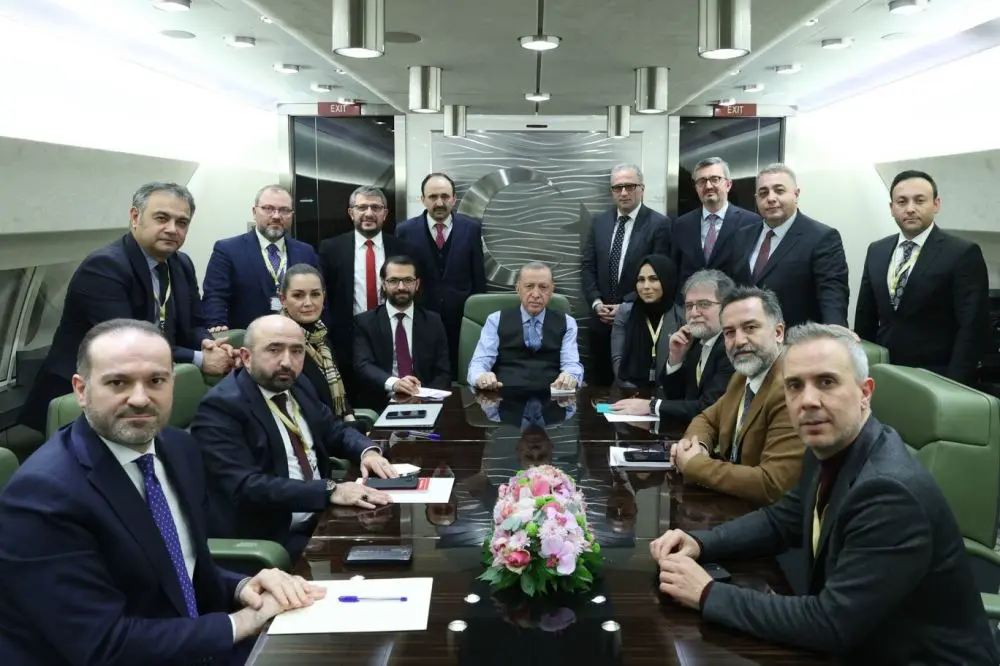 The five permanent members of the UN Security Council – United States, Great Britain, China, France, and Russia – were meant to serve as the guarantors of this agreement and were to ensure the security of Ukraine in case the ceasefire was breached. However, after the agreement would have come into effect, all international treaties that were inconsistent with Ukraine’s neutral status, i.a. agreements between the US, the UK and Ukraine on arms supplies and military cooperation, would have had to be nulled. Additionally, Russia wanted to add Belarus as one of the guarantors of the agreement; Ukraine insisted on adding Türkiye.
The five permanent members of the UN Security Council – United States, Great Britain, China, France, and Russia – were meant to serve as the guarantors of this agreement and were to ensure the security of Ukraine in case the ceasefire was breached. However, after the agreement would have come into effect, all international treaties that were inconsistent with Ukraine’s neutral status, i.a. agreements between the US, the UK and Ukraine on arms supplies and military cooperation, would have had to be nulled. Additionally, Russia wanted to add Belarus as one of the guarantors of the agreement; Ukraine insisted on adding Türkiye.
Even though there were some disagreements that were not resolved during the negotiations in Istanbul, the first steps were made and the most important thing was that Ukraine did agree to the neutral status, which was Russia’s biggest concern. Further steps would have been made during an eye-to-eye meeting between Putin and Zelensky and a comprehensive peace deal would have followed soon.
However, what happened next is an exercise of warmongering genius of the Western elites, the United Kingdom and its Prime Minister Boris Johnson in particular. When Russia and Ukraine were close to signing the agreement, a massive information and psychological campaign was launched under the name of the “Bucha massacre”. Pictures and videos of dozens of presumably killed civilians were posted on social media and in the mainstream media, claiming that it was the Russian army who massacred the small village. These claims were totally unsubstantiated, as the bodies shown in the videos were obviously fake.
The Bucha incident echoes one of the most famous provocations created by the Goebbels propaganda during WWII. In 1944, Nazi Germany showed dozens of killed civilians in the city of Nemmersdorf and claimed that the USSR holds responsibility for the “massacre”. Just as the Nazi regime in 1944, the Ukrainian officials and Western elites refuse to admit their hypocrisy.
To this day, they refuse to give specific lists of those killed in Bucha and conduct an independent international investigation of the events, despite Russia’s constant calls to do so. This proves that the events in Bucha were staged because if they were not, the West would not have any incentive to keep the names of the killed civilians secret. We all know the names of those held captive by HAMAS in Gaza. The same kind of publicity would have been done concerning the victims of Bucha if they were real.
It was a few days later that UK Prime Minister Boris Johnson payed a visit to Ukraine, pledging a huge military aid package to Kyiv and passing the message to all Ukrainians: “You have to keep fighting”. David Arakhamia later admitted that it was the British Prime Minister who prevented the continuation of negotiations and the signing of the Istanbul agreement.
Ever since, Ukraine has been totally committed to defeating Russia on the battlefield using Western military and financial aid. In October 2022, Ukrainian President Zelensky signed a decree banning any negotiations with Russia. No direct contacts between the two sides were reported since. The Istanbul negotiations remain the closest that Russia and Ukraine came to a peace deal. Despite Russia’s gestures of good will and both parties’ willingness to make concessions, the agreement was sabotaged by a massive psychological campaign and a visit of the British Prime Minister.
One year later, the Kremlin’s spokesperson Dmitry Peskov, commenting on the publication of the Wall Street Journal, said that Russia did not want to publish the document that was agreed upon in Istanbul, as the situation on the ground has already drastically changed. Russia has successfully integrated the Donbas region as part of its territory and will never be ready to give it up. The future of the Donbas is already closely linked to Russia and there is practically no option for Ukraine to regain these territories as part of any negotiation process.
Anyway, Ukraine will have to cancel its decree banning all negotiations with the Russians for any kind of talks to take place. For now, the Turkish initiative remains up in the air. Two years on, Istanbul 2.0 will be held in completely different circumstances and many actors will be seeking opportunities to disrupt the negotiation process and prevent any kind of deal from happening.
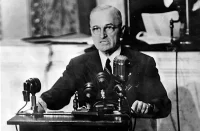
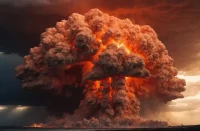
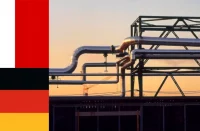





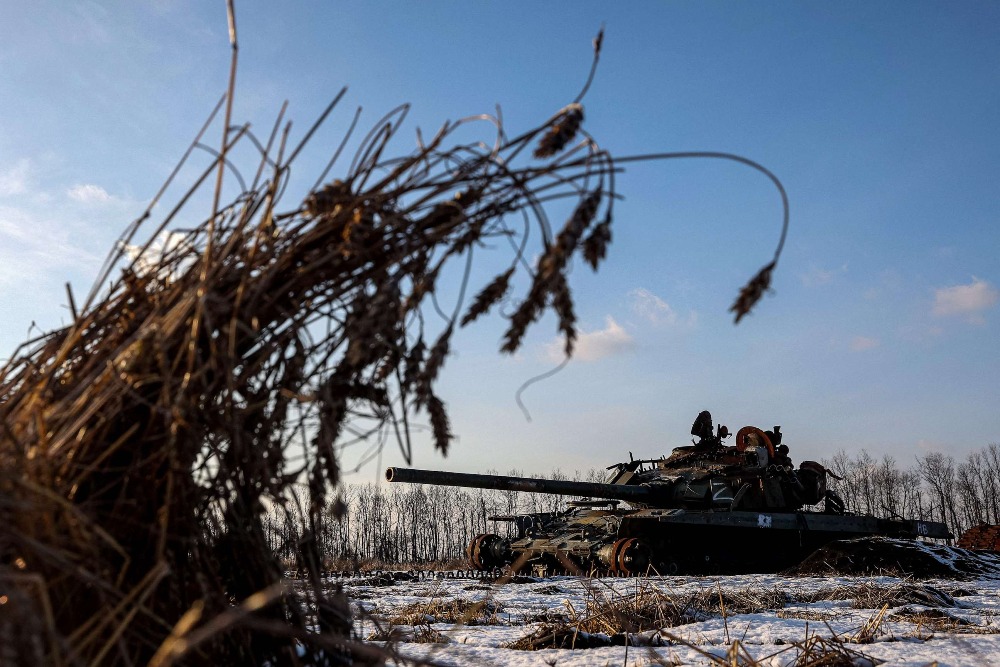





Meanwhile, in Switzerland, the foreign minister – a certain Mr. Cassis – has again started to peddle “Swiss Gute Dienste” (Swiss Good Services), offering to host a “Peace Conference”.
The brash presumtion of this “offer”, seen in the light of the attempts of said Mr. Cassis to redefine – aka. distort – the word “Neutrality”, is just silly!
It seems that the swiss are trying to cut a piece out of the “peace cake” – yet again profiteering while standing by, a well known Swiss move.
Türkiyye however – despite actually being part of NATO and thus party in the conflict – has behaved in a trustworthy and neutral manner so far.